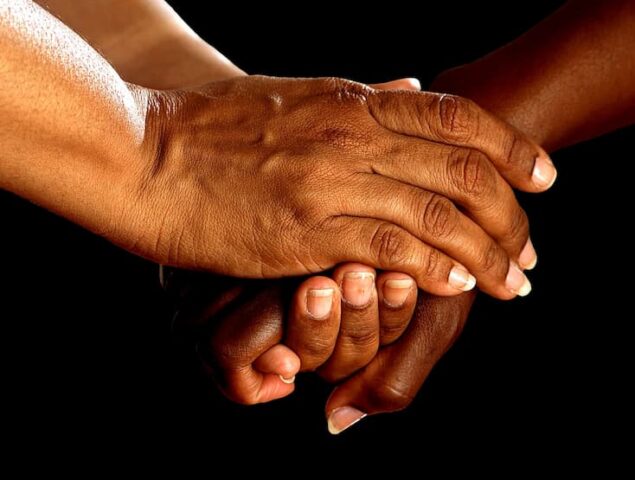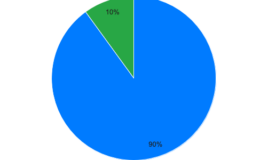Since the summer of 2020, there has been renewed interest in helping Black-owned businesses. And while a lot of attention has been given to ensuring that they have access to the needed capital to start and grow businesses, my experience shows that just as much attention should be given to building communities to support and sustain them.
Helping Black-owned businesses, in addition to small businesses in general, has become a calling I didn’t see coming. I was a biology and psychology double major in college, with hopes of becoming an animal research scientist. However, a love for business, especially entrepreneurship, took me in a different direction, and I’ve been able to create a great career for myself as a brand and content strategy consultant, speaker, and writer. As a first-generation educated Black male from southern Mississippi, I know very well the challenges faced by minorities in business.
But for all of the obstacles (e.g., fewer funding opportunities, tougher to attain buy-in from stakeholders, limited mentoring opportunities, etc.), what’s been most disheartening is to see how, in many parts of the U.S., many minorities, especially Blacks, have not created—or, are not a part of—networks helpful for mentoring, information sharing and support.
Be the mentor you wish you had.
The simplest and easiest way to remedy this is to be the change you want to see, which is what I’m doing as part of my company, RS Strategic Solutions. Each week, I devote at least six to hours to meeting with and mentoring young minority entrepreneurs and soon-to-be entrepreneurs. In addition to sharing information on branding and marketing, I also help them create proposals for funding, marketing materials for vendors, and put them in touch with non-competing businesses for partnerships.

I take seriously the task of being the mentor I wish I’d had earlier in my career. This effort takes shape in numerous ways, including partnering with agency owners to share review strategies with fledgling business owners; facilitating organizations in creating training courses for struggling businesses; and helping local restaurants form alliances to increase overall traffic to their locations.
My most rewarding endeavor, however, is being a coach for small businesses and individuals looking to form or grow small businesses. Often these individuals come from working class backgrounds and thus lack the relationships and the access to capital needed to put them on solid footing. Facilitating their access to both yields major dividends, to me and them. I get to help fledgling entrepreneurs who then have the opportunity to build the life they’ve imagined for their families.
These interactions have helped to uncover a calling that, until recently, I wasn’t aware of. I’m hopeful that more Black entrepreneurs work to join or form networking groups that can provide the assistance needed to grow and sustain Black-owned businesses.
A key point, however, and one that former Secretary of State Condoleeza Rice makes in the short video below, is that mentors need to look like you.
Obstacles need not be permanent.
Yes, the challenges for minority entrepreneurs are real, but by being open to seek new, untapped opportunities while creating vast networks of support, we can dramatically increase the number of thriving minority businesses.
I shared similar comments in a Hubspot post entitled Leadership Advice from 8 Black-Owned Business Leaders.





